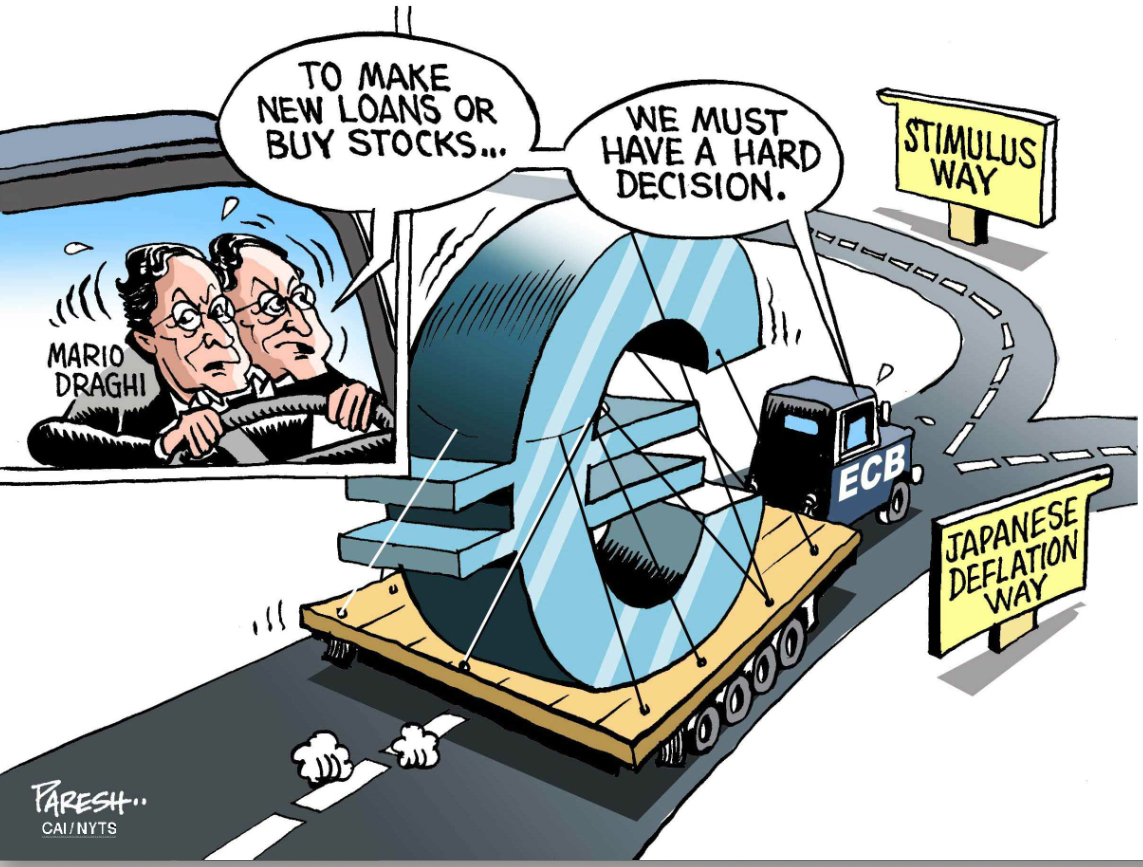Comforted by the notion that "Japan could not happen here," there was a time when U.S. economists felt confident lecturing the Japanese government on how to pull the country out of its prolonged economic malaise.
However, as I wrote back in 2011, in doing so they severely underappreciated the challenges of post-bubble recoveries. Today they are rightly more timid about criticizing the Japanese, given that the West is still failing to bounce back fully from its own economic lapses, which culminated in the 2008 global financial crisis.
If anything, Japan continues to serve as a teacher for the rest of the world (notwithstanding its unique mix of characteristics, including lousy demographics and limits on labor mobility). There was another lesson this week when Prime Minister Shinzo Abe decided to postpone a sales-tax increase that, not long ago, was deemed essential for the country's fiscal sustainability; there is even some talk of cutting corporate taxes next year. All this follows news of the country's slip back into recession, which was emphasized by an unexpected contraction of 1.6 percent in the third quarter of the year.



















With your current subscription plan you can comment on stories. However, before writing your first comment, please create a display name in the Profile section of your subscriber account page.